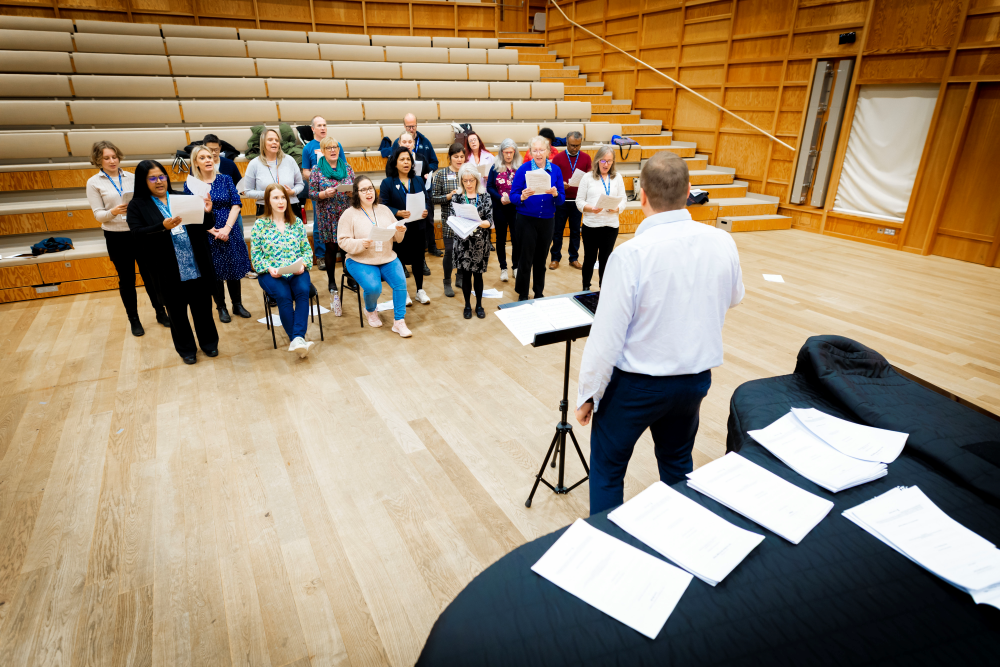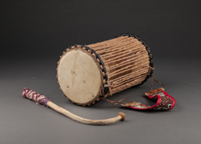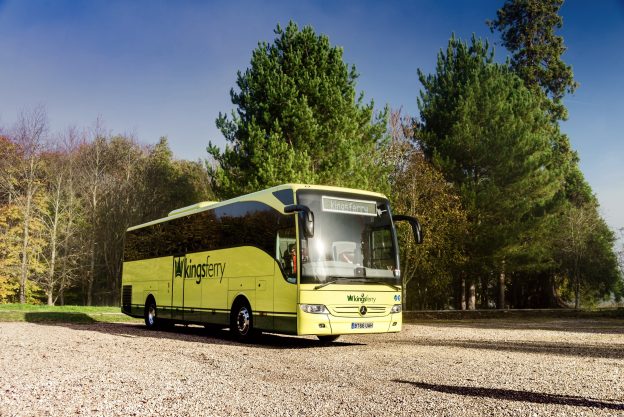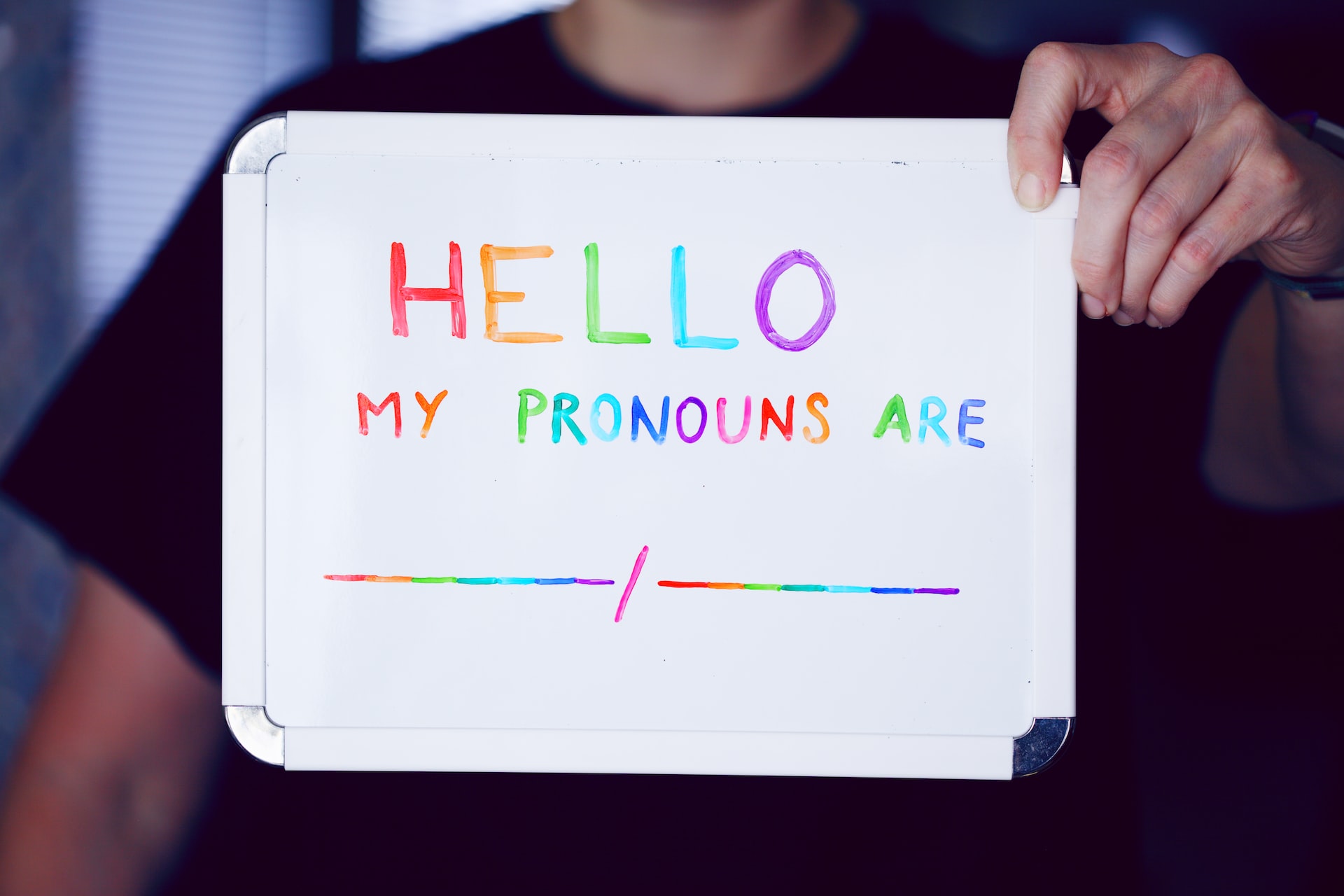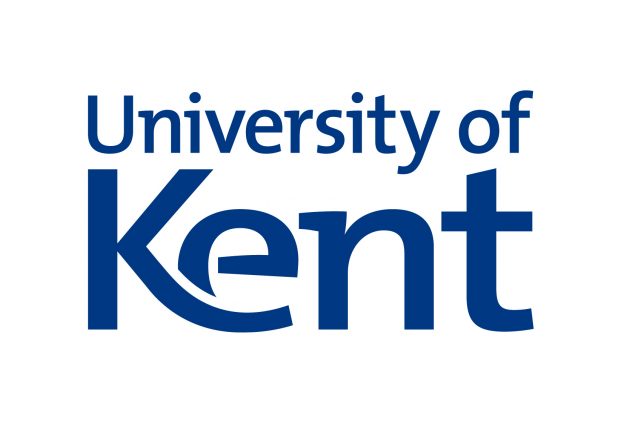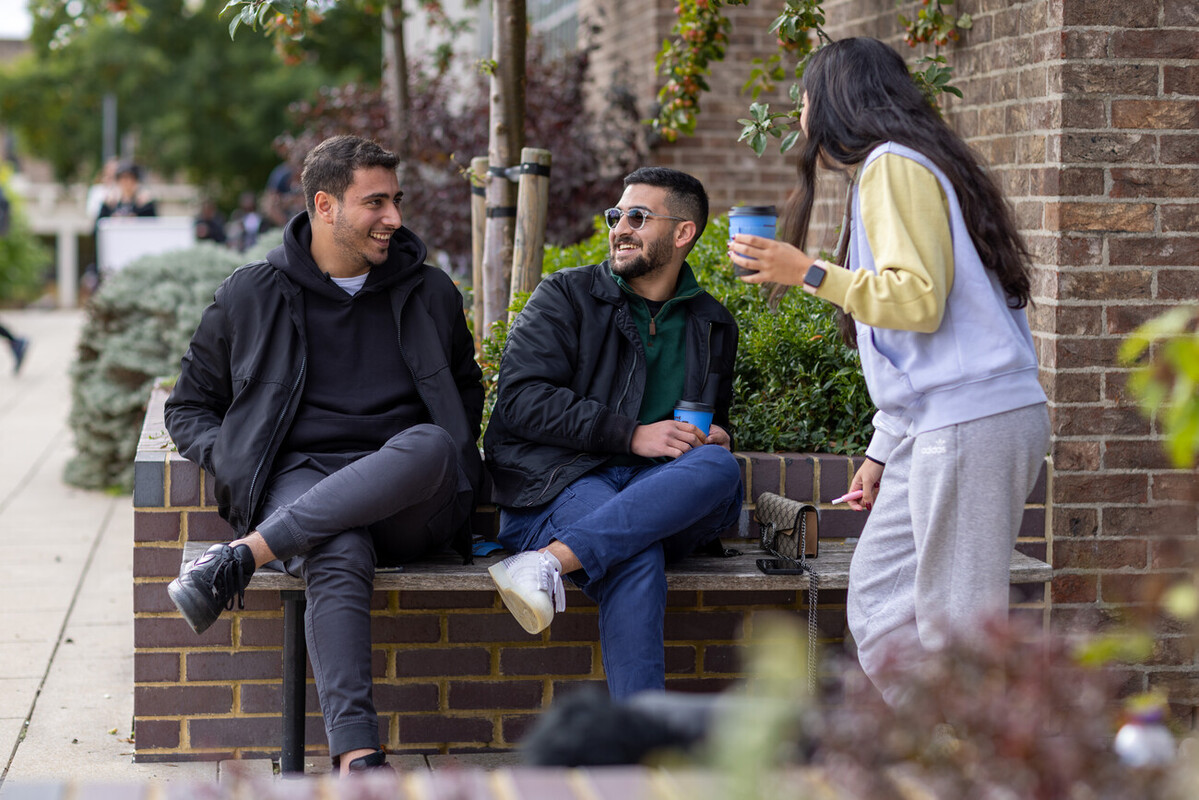Becoming an active bystander is a powerful way to contribute to the creation of safer and more inclusive spaces within the university community, you can do this through following the 5Ds of bystander intervention.
Distraction:
Distraction can be a powerful tool to defuse a tense situation or redirect its focus. By diverting attention away from the harasser and towards the victim, you can help create a safer space for the individual experiencing harassment.
For example:
- Pretend you know the person being harassed and act excited to have “randomly” run into them.
- Pretend to be lost and ask the person being harassed to give you directions.
- Tell them they have an important call.
- Tell them that you need to speak with them urgently.
“Accidentally” spill or drop something or cause a commotion to shift the attention away from the harassment.
Delegation:
Delegation involves seeking assistance from a third party to intervene in a harassment situation. This individual can be someone in a position of authority or anyone else who can provide help.
Here are some steps to effectively delegate:
- Identify someone in a position of authority, and ask them to intervene.
- Involve a friend who can offer support or use distraction techniques to communicate with the person being harassed while you seek help.
When delegating someone to help you, be clear in conveying what you are witnessing and how you would like them to assist.
In situations that require immediate attention, consider calling emergency services (e.g., 999). However, where possible consult with the person being targeted to ensure their comfort and safety before involving the police.
Delayed Action:
Sometimes, it may not be possible to intervene immediately due to various factors, such as personal safety concerns or the intensity of the situation. However, you can still make a difference by checking in on the person who has experienced harassment.
Here are some examples of how you can Delay:
- After the situation has passed, approach the person who was targeted and ask if they are okay. Let them know that you witnessed what happened and acknowledge that it was not acceptable.
- Inquire if there is any way you can offer support to them.
- Offer to accompany them to their intended destination or sit with them for a while, providing a sense of security.
- Inform them about available resources, such as reporting platforms like reportandsupport.kent.ac.uk. This platform allows them to document their experience and seek additional assistance if needed from the university.
Document:
Documentation involves either recording or taking notes on an instance of harassment. This can provide crucial evidence and support for the person who has been targeted. However, it is crucial to approach this step with care and respect for everyone involved.
Follow these guidelines when documenting an incident:
- Assess the situation to determine if someone else is already providing assistance to the person being harassed. If not, consider using one of the previous steps first.
- If it is safe to do so, you may choose to record the incident. However, always prioritise your safety and the safety of those involved.
- Always obtain consent from the person who experienced harassment before sharing or posting any recordings. Respect their wishes and privacy.
Direct Action:
Direct action involves directly confronting the harasser and addressing the negative behaviour. While this approach requires careful consideration of your own safety and the situation, it can be impactful in challenging the harasser’s actions.
Firstly, before you decide to response, it is crucial to assess the situation by considering the following factors:
- Ensure your own physical safety.
- Assess whether the person being harassed is in a physically safe position.
- Evaluate the likelihood of the situation escalating further.
- Observe any indications or cues that suggest whether the person being harassed desires someone to speak up.
If you can ensure all of these factors, you might choose a direct response.
Here are the recommended steps for direct intervention:
One important aspect of direct intervention is to keep it brief and concise. It’s essential to resist the temptation to engage in dialogue, debate, or arguments, as these can potentially escalate the situation. If the person who is harassing responds to your direct intervention, shift your focus towards providing support to the person who has been harmed, rather than engaging further with the individual causing harm.
Summary
Embracing the role of an active bystander entails a dedication to fostering safer spaces and offering support to individuals who encounter harassment. By understanding and implementing these strategies, you can play an essential role in promoting positive change and ensuring the well-being of those around you.
If you want to report an incident of sexual misconduct, discrimination, hate incidents, harassment, physical or verbal harm and/or abuse, bullying, stalking, domestic abuse, or spiking, you can do so anonymously or you can provide your name to access support on the Report + Support website.
Text adapted from Bystander Intervention Training (RightToBe.org).
